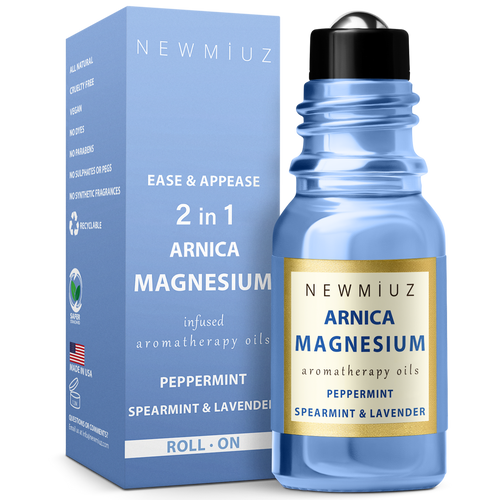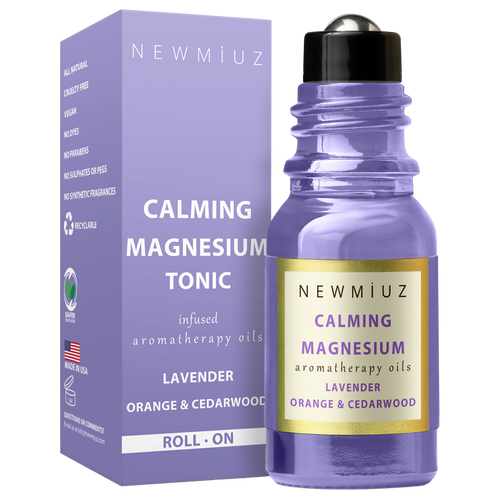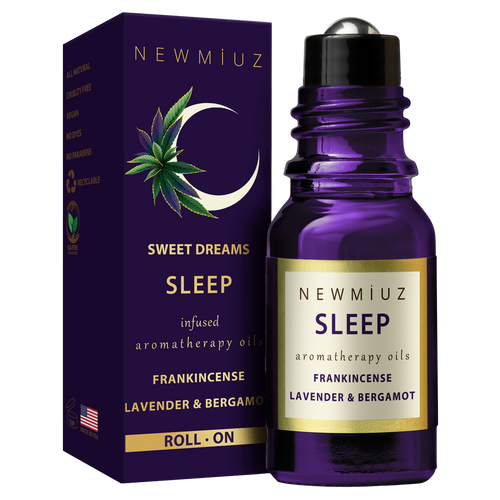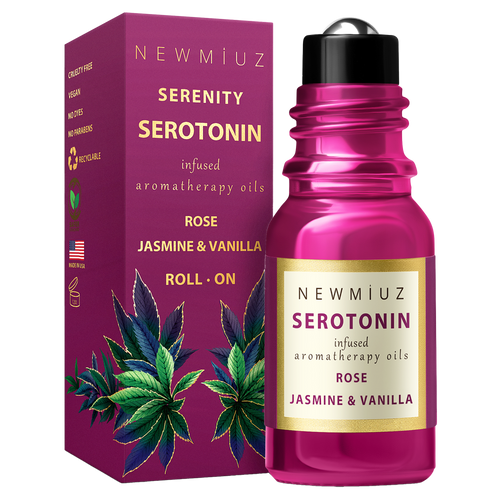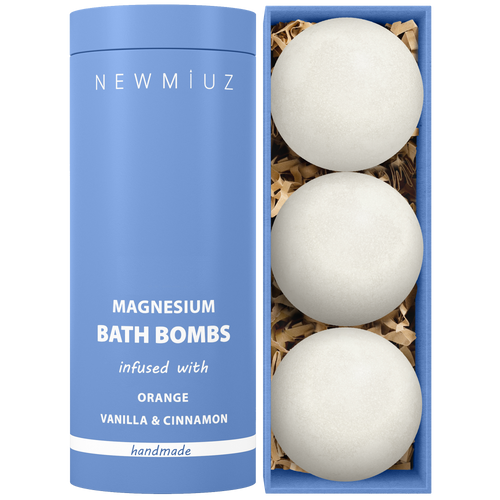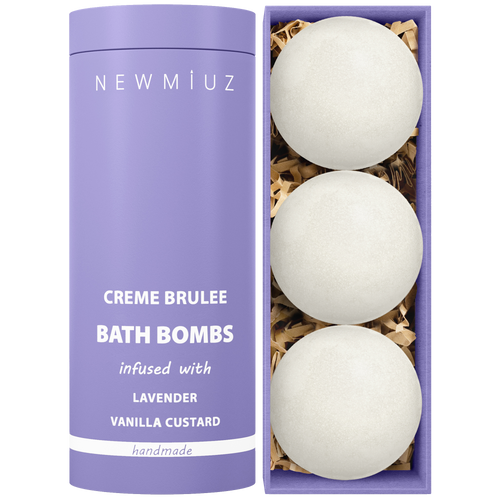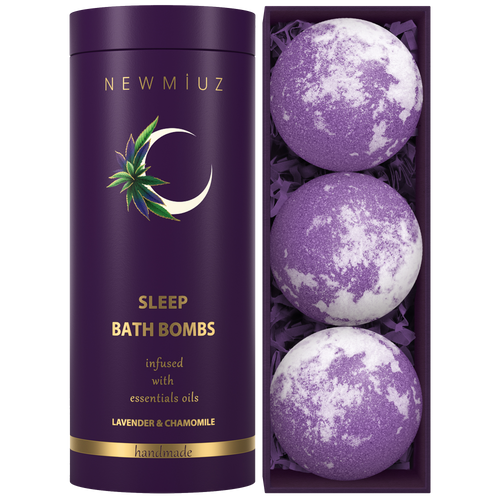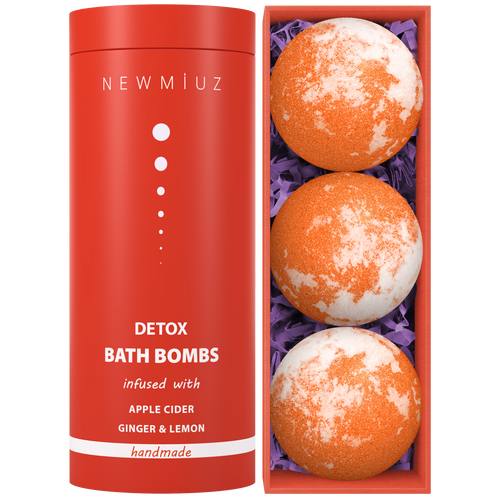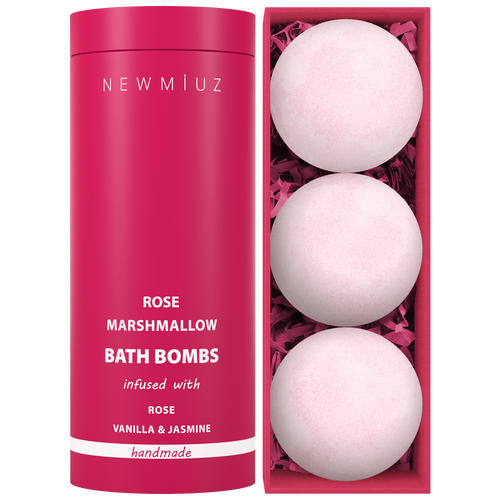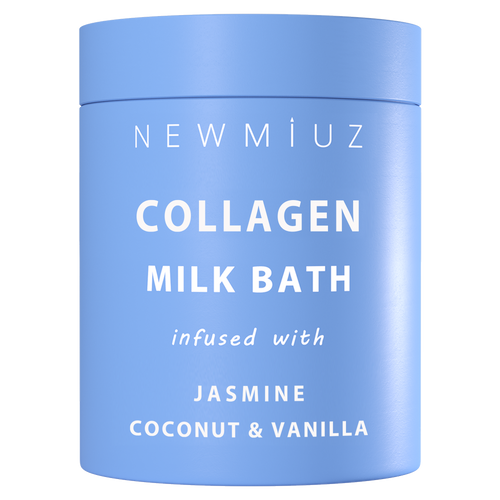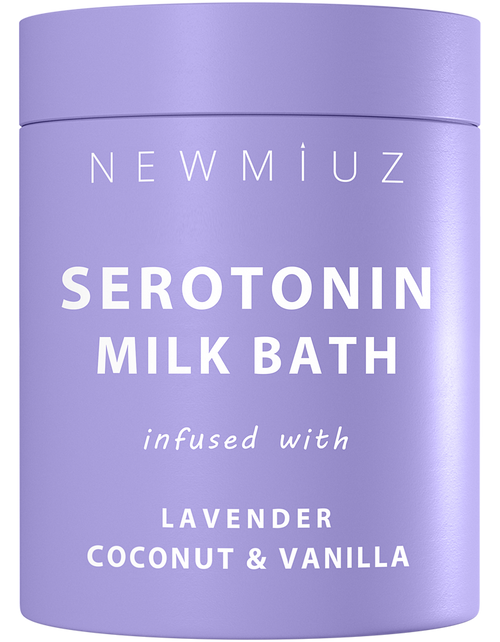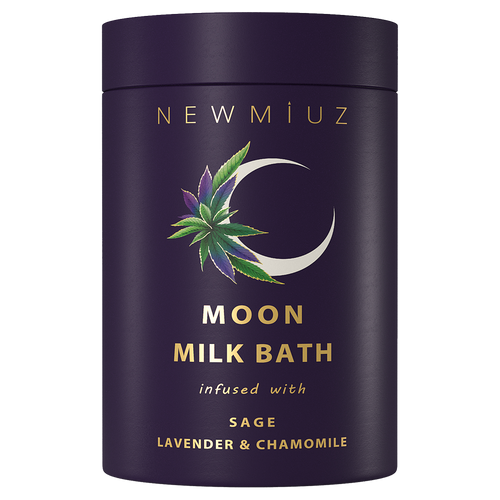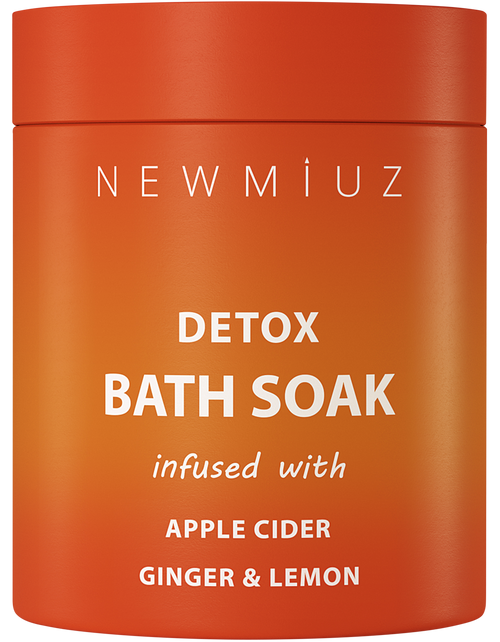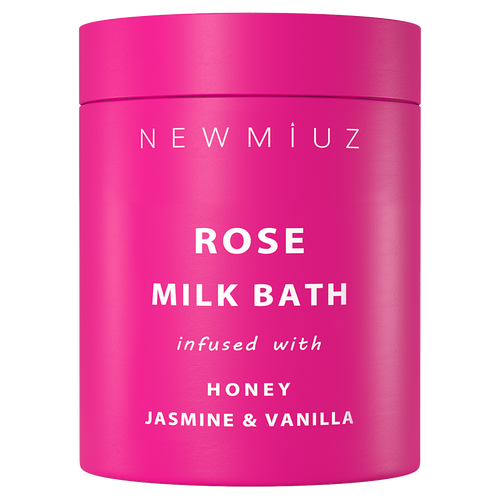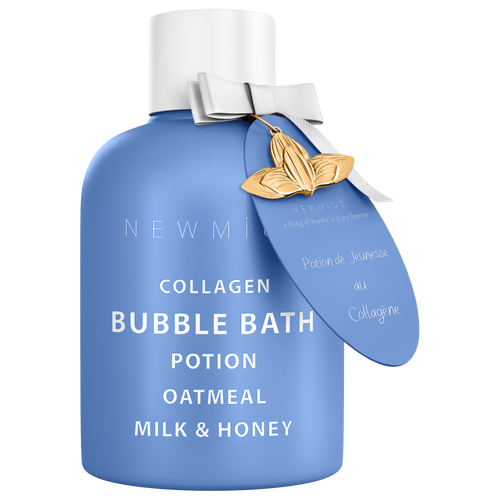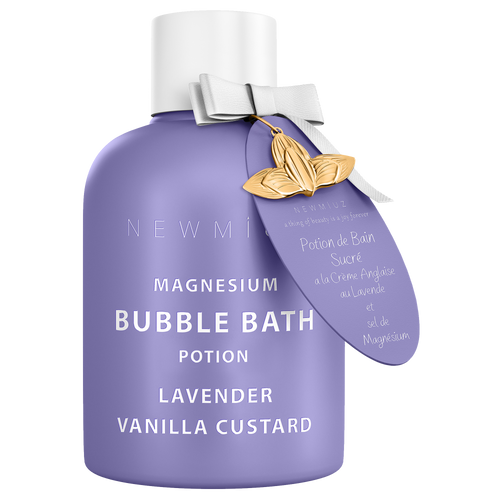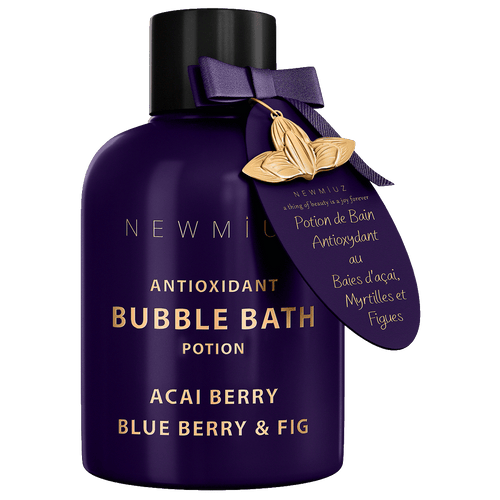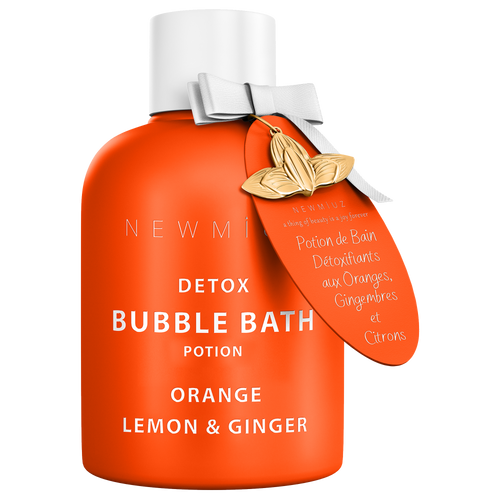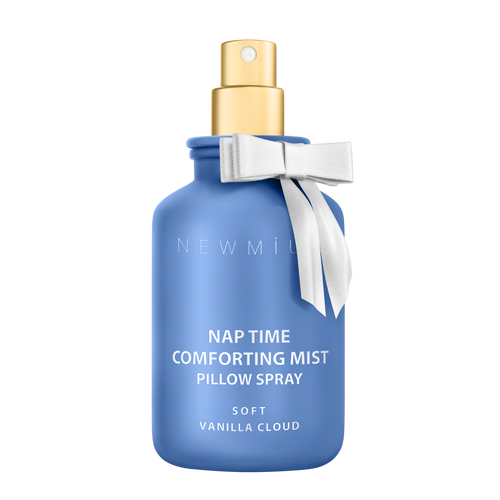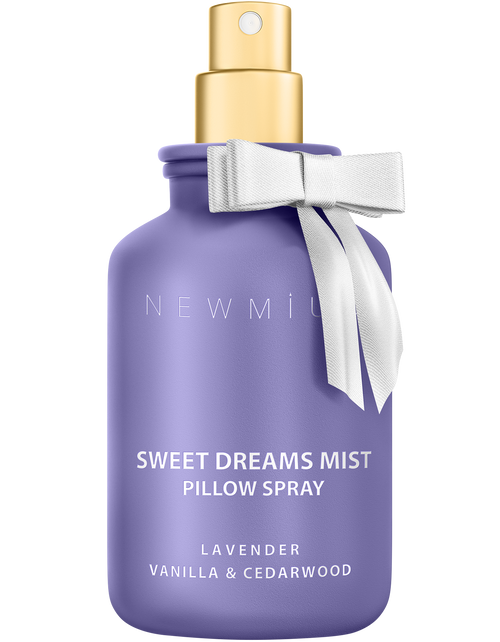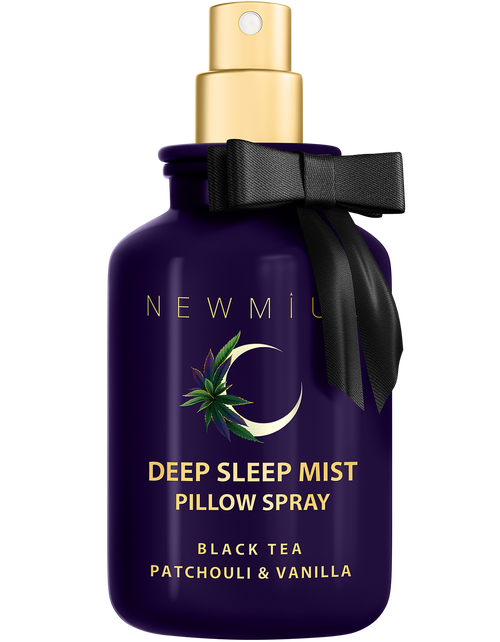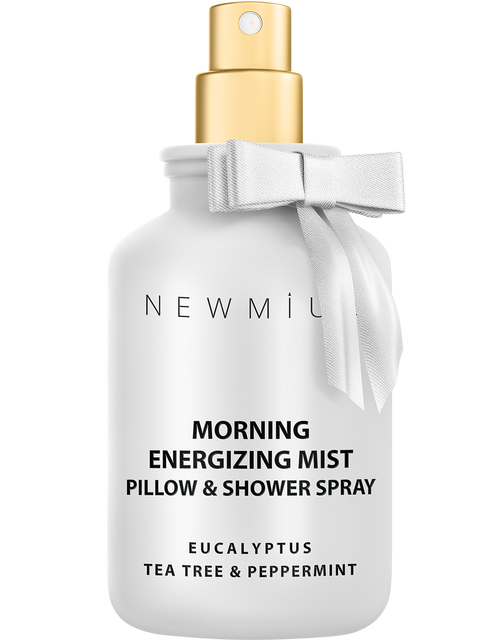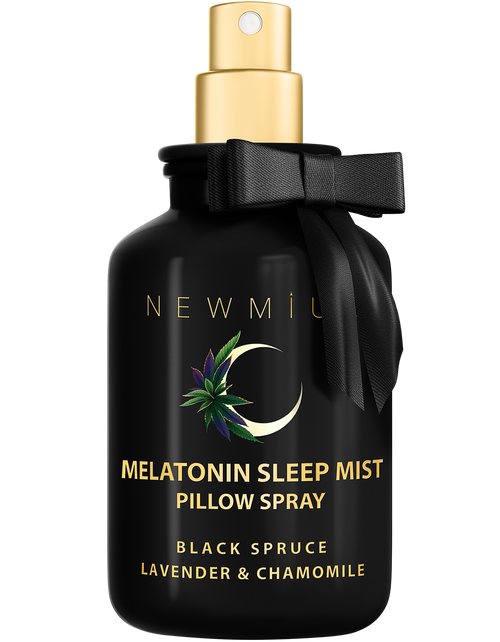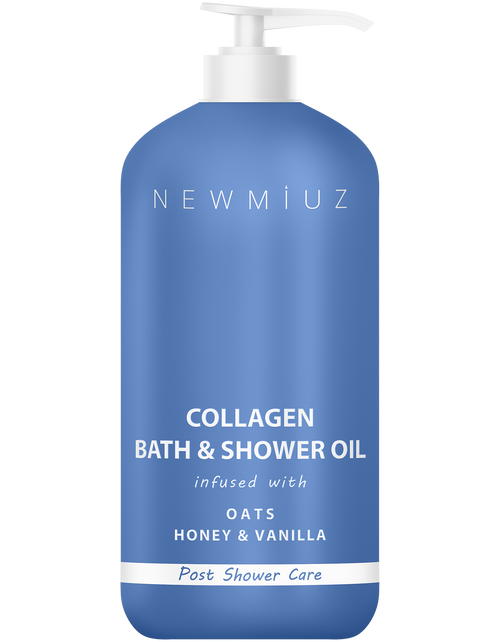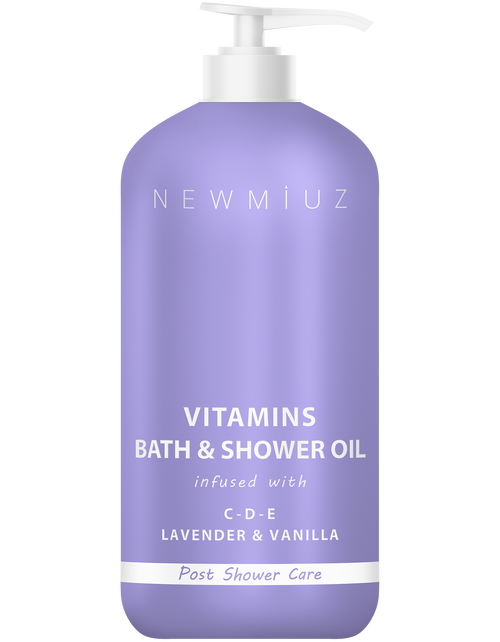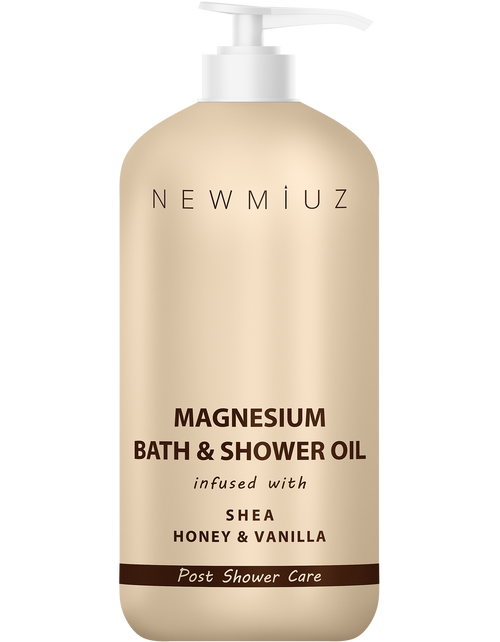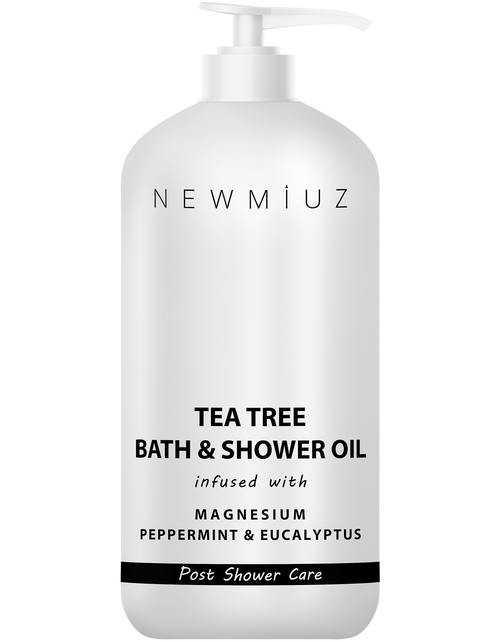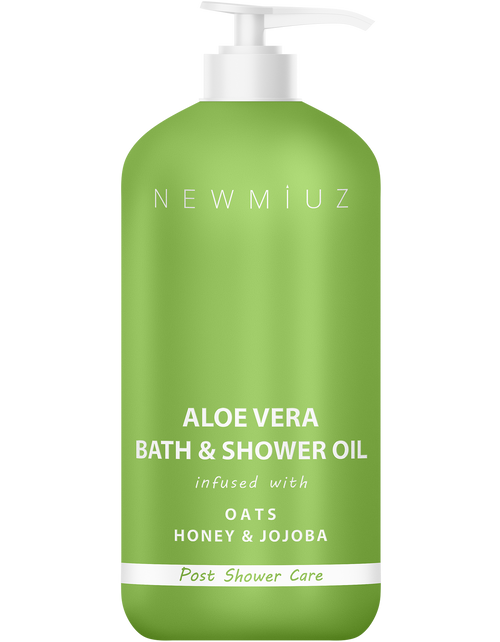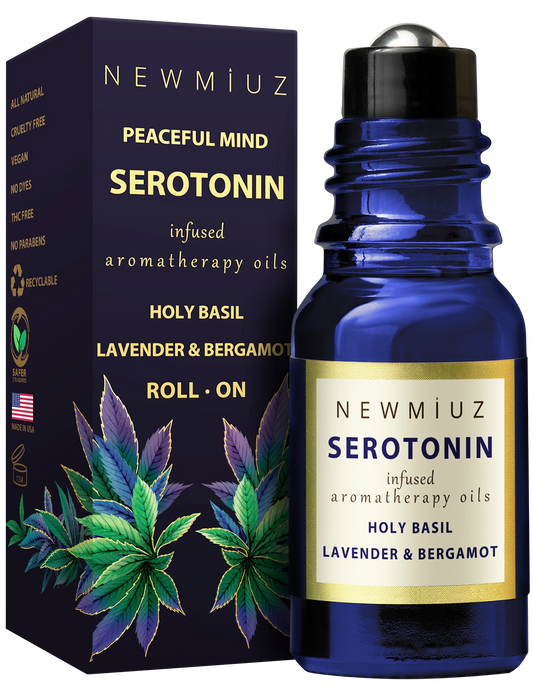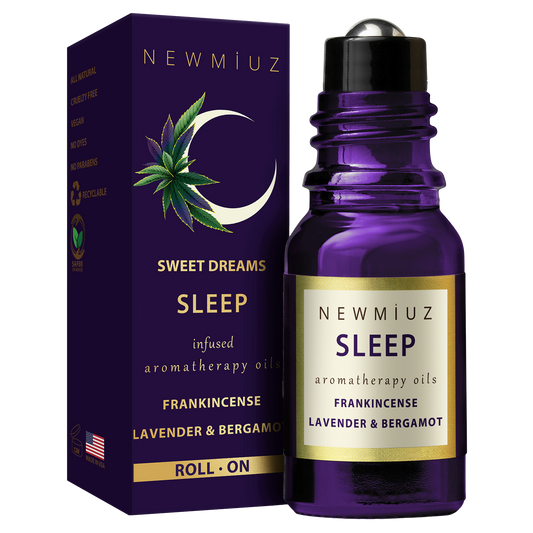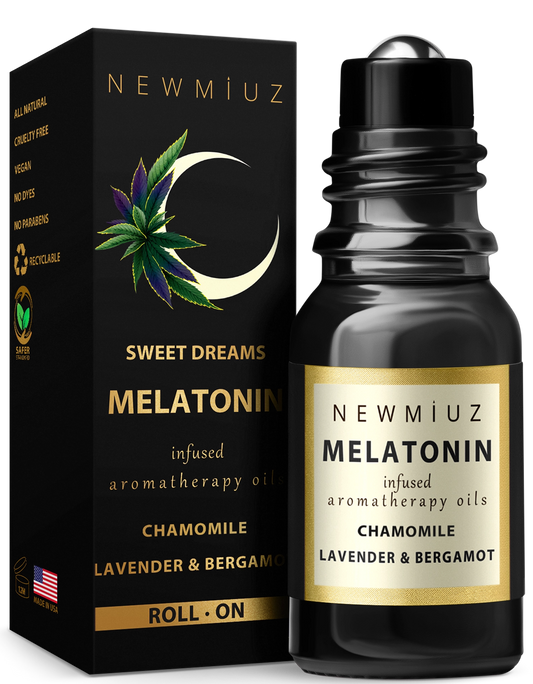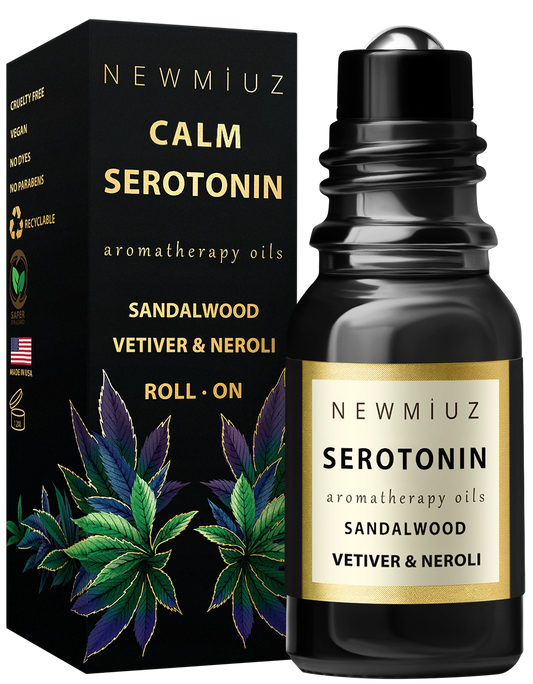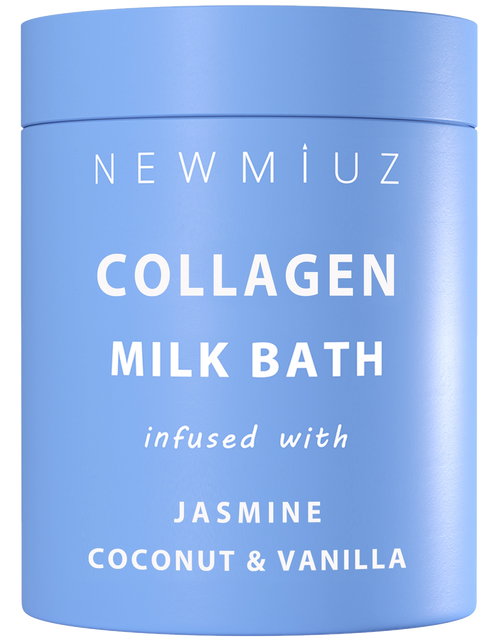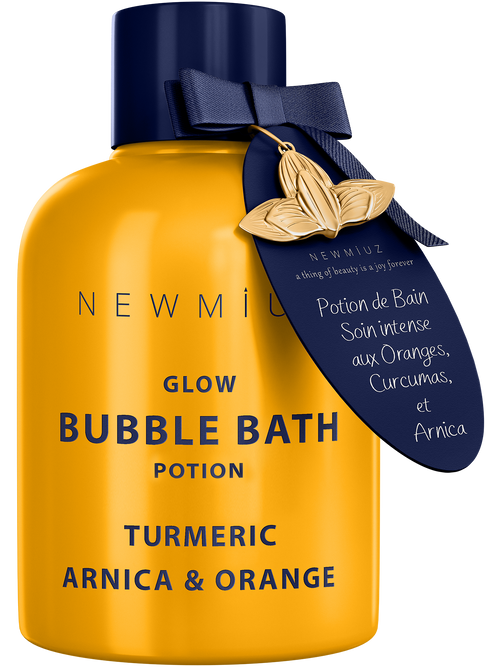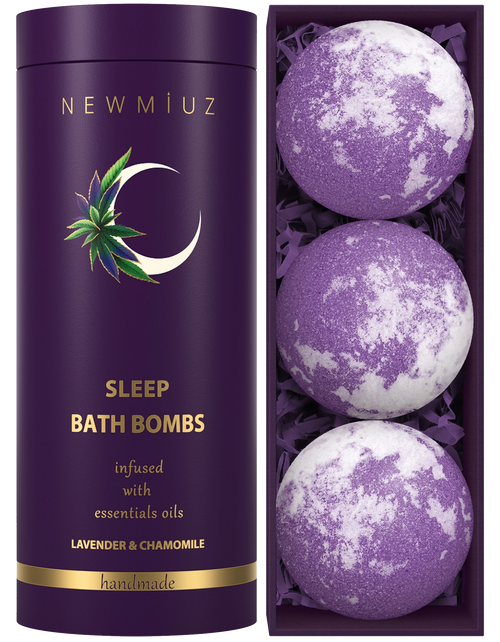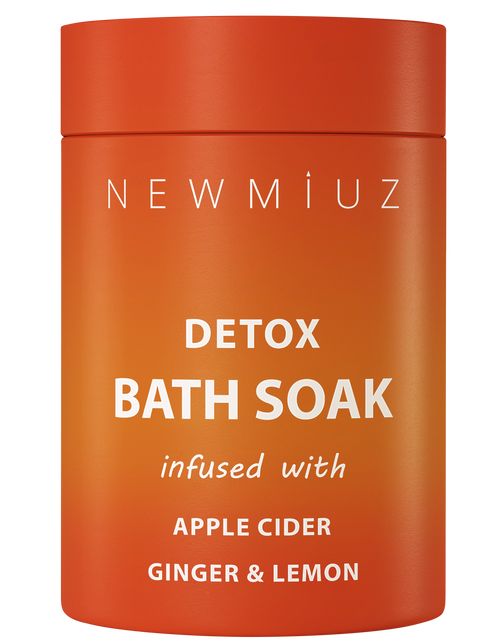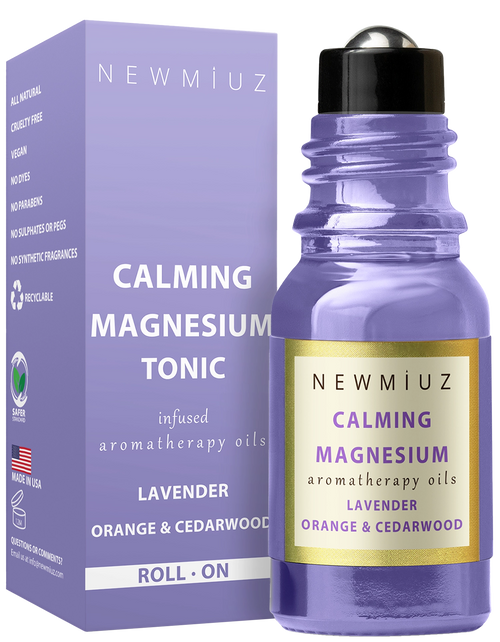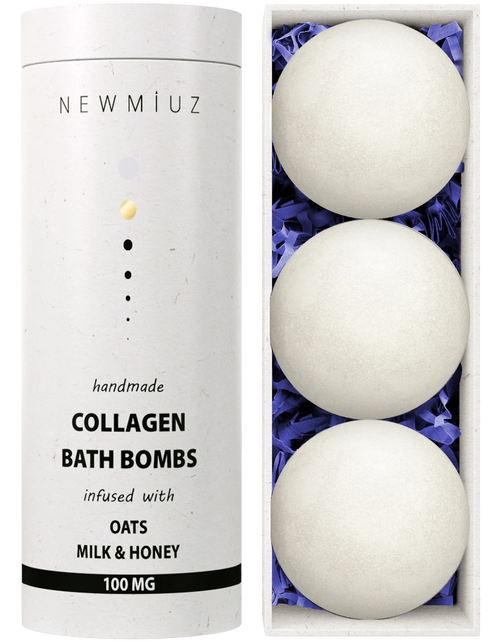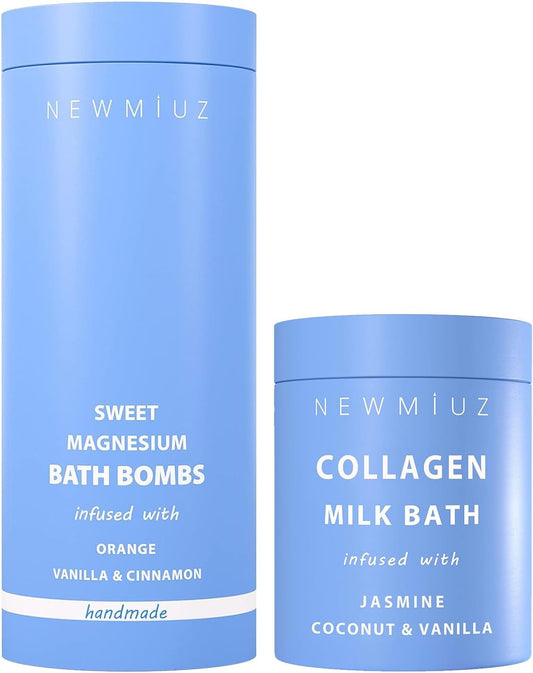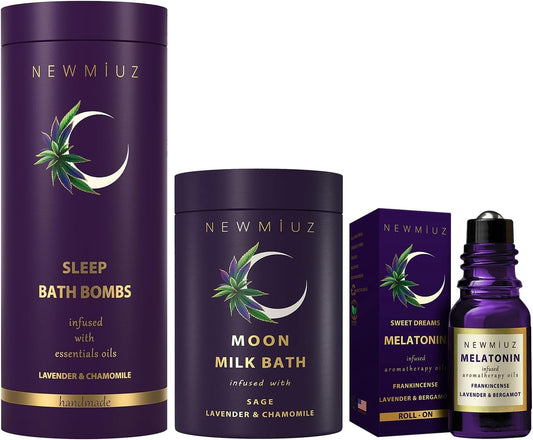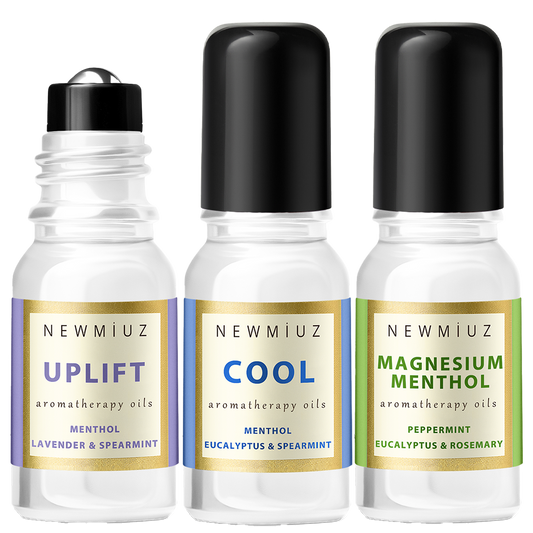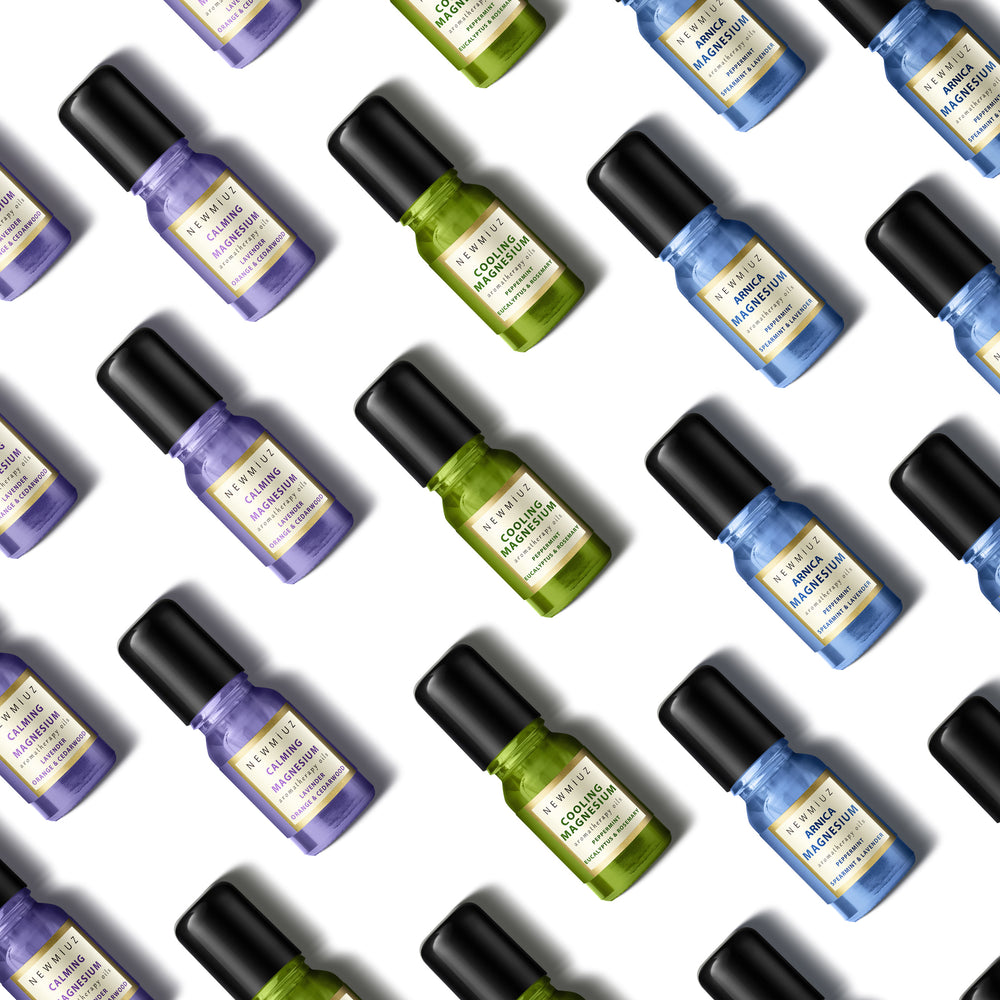- Benefits of Essential Oils: Essential oils can help to improve sleep quality, reduce anxiety, and promote relaxation.
- How Essential Oils Work: Essential oils stimulate the olfactory system, which is directly connected to the brain's emotional and memory centers.
- Top Essential Oils for Sleep: The most popular oils for sleep include lavender, chamomile, sandalwood, and bergamot.
Understanding Sleep Issues And Aromatherapy
Restless nights happen, but chronic sleeplessness can significantly impact your mental and physical health. Stress, anxiety, racing thoughts, and lifestyle choices like caffeine consumption or irregular sleep schedules can disrupt your natural sleep patterns, leading to fatigue, difficulty concentrating, mood swings, and a weakened immune system.
Aromatherapy offers a natural, holistic approach to improving sleep quality. You can engage the brain's limbic system by inhaling essential oils, which regulate sleep cycles. Oils like bergamot and frankincense help alleviate stress and quiet, racing thoughts, promote relaxation, and prepare your mind and body for sleep. Incorporate these oils into your nightly routine using a diffuser, adding drops to a warm bath, or creating a calming sleep spray to mist over your pillows and linens.
Choosing products that adhere to ethical and responsible manufacturing practices is crucial for the eco-conscious and those committed to natural ingredients. New Miuz, a family-owned business in California, proudly offers aromatherapist-approved Roll-on Essential Oil Blend Sticks, which are cruelty-free, paraben-free, and ethically sourced ingredients.
Essential Oil Blends For Enhanced Sleep Quality
A good night's sleep is fundamental for overall well-being, yet many struggle to achieve restful slumber. While pharmaceuticals offer a quick fix, exploring natural remedies like essential oils can provide gentle, effective support. While single essential oils boast unique benefits, synergistic blends can amplify relaxation and encourage better sleep.
Here are some potent combinations to explore:
This classic trio is renowned for its calming and sedative effects, making it a perfect bedtime blend. Lavender, with its soothing aroma, eases anxiety and promotes a sense of calm. Chamomile is a natural sleep aid, inducing drowsiness and reducing mental chatter. Bergamot, with its uplifting citrus notes, helps to alleviate anxiety and improve mood.
The combination of Sandalwood, Vetiver, and Neroli offers a potent solution for a good night's sleep. Sandalwood, known for its warm and woody aroma, promotes mental clarity and relaxation by calming the nervous system. Vetiver, often referred to as the "oil of tranquility," has grounding properties that soothe the mind and body, helping to reduce stress and anxiety. With its sweet and floral scent, Neroli has sedative effects that help ease insomnia and promote a sense of peace. These essential oils create a serene and restful environment, encouraging deep, restorative sleep.
Holy Basil, Lavender, and Bergamot create a powerful synergy for a restful night's sleep. Holy Basil, known for its stress-relieving properties, helps calm the mind and reduce anxiety. Lavender, celebrated for its soothing aroma, promotes relaxation and eases tension, while Bergamot uplifts the mood and alleviates stress. Together, this combination targets the root causes of sleeplessness—stress and anxiety—creating a tranquil environment that prepares your mind and body for deep, restorative sleep.
The blend of Frankincense, Lavender, and Bergamot offers a harmonious approach to improving sleep quality. With its grounding and meditative properties, Frankincense helps quiet racing thoughts and induces a sense of inner peace. Lavender's calming scent further enhances relaxation, while Bergamot's balancing aroma reduces stress and uplifts the spirit. This combination works together to soothe the mind, relieve anxiety, and create a serene atmosphere, paving the way for a peaceful and uninterrupted night's sleep.























